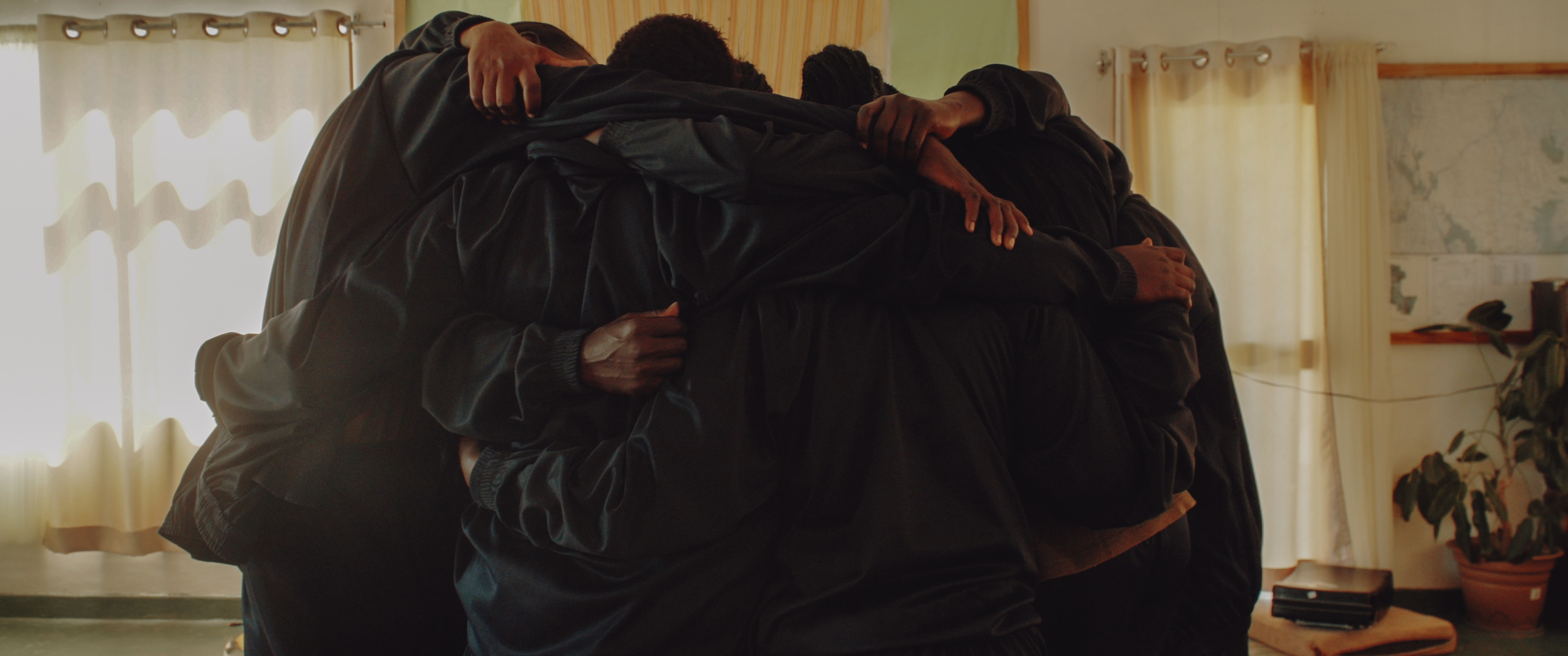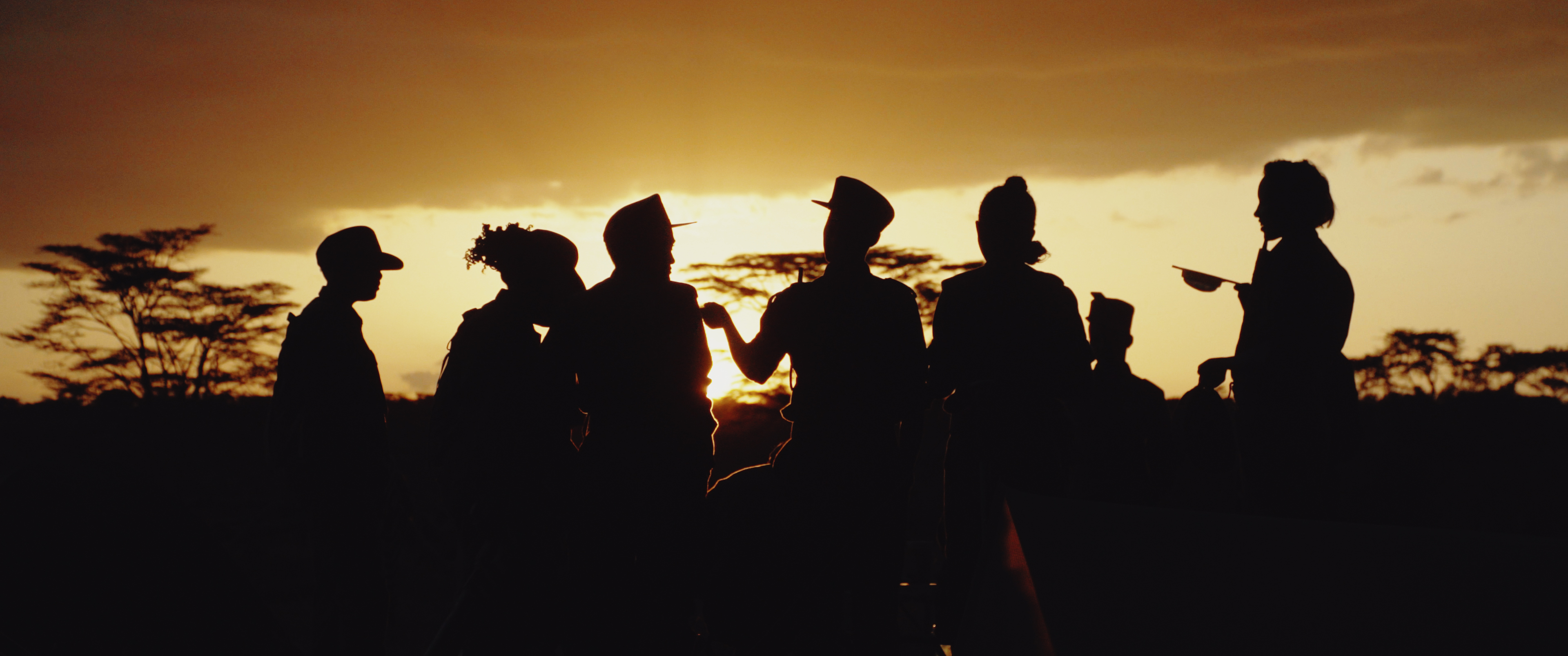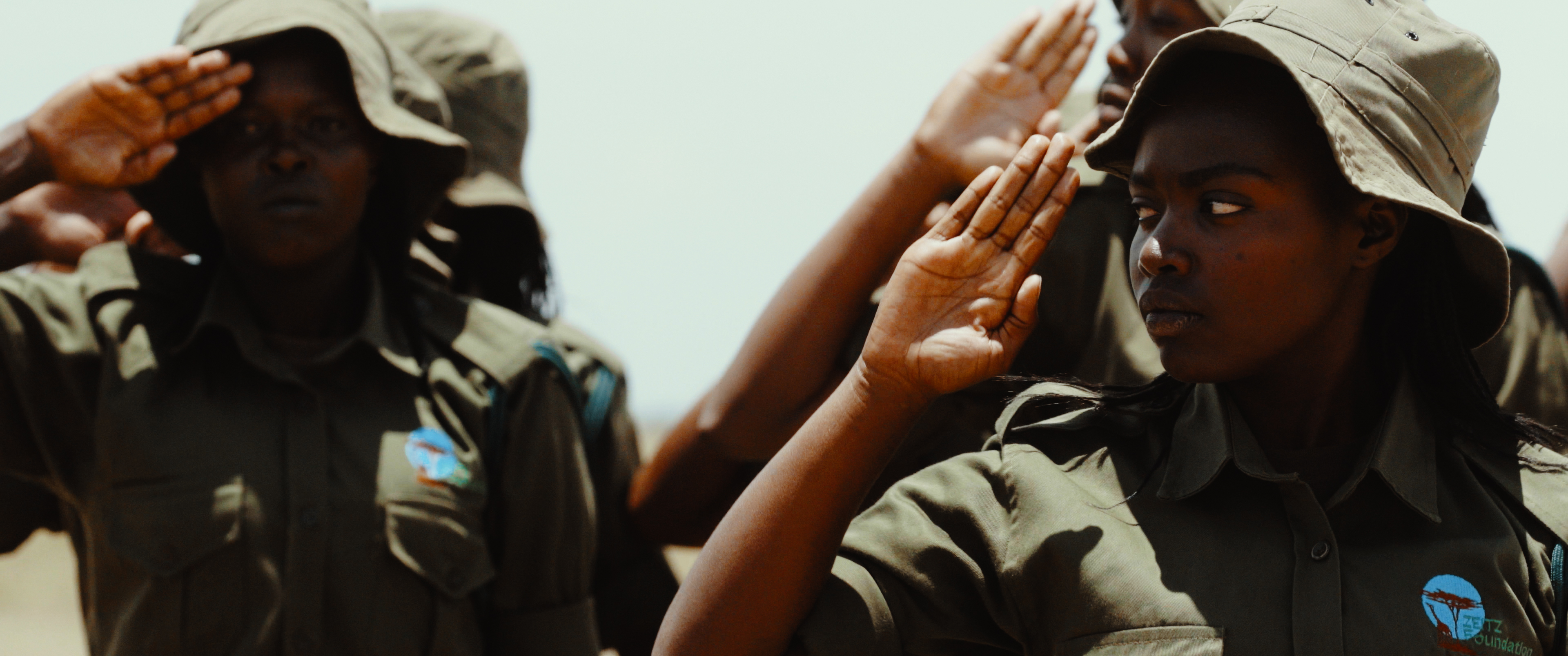‘Ranger’: documenting ‘the first female conservation ranger programme in East Africa’
‘Ranger’, a new film set in Kenya’s Maasai homeland, tells the story of 12 women who became East Africa’s first all-female anti-poaching unit

Ranger is a documentary about East Africa’s first all-female anti-poaching unit, but it opens with a rite of passage for men. In its first few minutes, viewers watch as members of the Maa community in Northern Kenya take part in a circumcision ceremony, a ritual that initiates them into the community as warriors. The purpose of ceremonies like these, explains one of Ranger’s central characters, Virginia, is to illustrate that these men possess the qualities the community prizes: physical strength, fortitude, and bravery.
‘The men, they have a sacred story about their lives. About how they handle things as men,’ she says. ‘For example, if you kill an elephant when you are a warrior, they will put a mark downwards on his right side so everyone can see that he is brave and courageous.’ There are many ways men can announce their courage, their importance. For women, however, there has never been any such tradition, but the introduction of a female wildlife ranger programme to the area, as the film shows, changes that.
Ranger: watch the trailer

Ranger: the story
Ranger follows Virginia and 11 other women as they undergo a year-long, therapy-like training programme to protect endangered species, such as elephants and lions, from poachers in the Laikipia region. To prepare for the gruelling physical and mental challenges of this work, the women are forced to confront their fears, address their greatest insecurities, and share the hardships they have undergone as wives and mothers. They do this through trauma-release exercises, survival training in the jungle, vegan cooking courses, meditation sessions and more.
The result is a documentary that offers a look into a community that, for many viewers, will feel dramatically different from their own and yet, at the same time, relatable. As the producer, Kate Garwood, says, ‘this film really touches on universal themes. I think it's really amazing to see a completely different perspective, in a very different part of the world, but at the same time recognise struggles that almost all women face: taking care of your kids, keeping a roof over your head, working and going through relationship issues.'

Garwood is the driving force behind the creation of Ranger. Most of the film takes place on the small-footprint eco-safari retreat she runs alongside her husband, a passionate conservationist who purchased eight contiguous, overgrazed, and derelict cattle ranches about 20 years ago. At the time, the land was barren, with eroded soil and no wildlife, making it unsuitable for farming or ranching. Determined to restore it, he spent the next two decades rehabilitating and rewilding the area, allowing nature to reclaim the space. In the first year, he saw just one lion, but today, the land is home to at least 50 lions, leopards, giraffes, Grevy's zebras, and endangered patas monkeys. His efforts led to the establishment of a 50,000-acre conservancy, where rangers patrol the land, engage in anti-poaching efforts, and support the local community.
For Garwood, this is the unique power of documentary filming. When the couple met Damian Manda, who runs Akashinga, a programme for female rangers in Zimbabwe, at Sundance, they realised there was an opportunity to create a similar initiative at the reserve. ‘We were deeply inspired by the idea of women becoming primary guardians of the land, and when we expressed interest, he helped design a similar initiative for us – the first female conservation ranger programme in East Africa.’

Up next for Garwood is a documentary called The Librarians, about women in the United States public school library system from Florida to Texas, New Jersey and Louisiana who are working to protect the rights of kids to be able to read all kinds of literature, including books by Tony Morrison and Judy Blume, as well as those that reference Black history and tell LGBTQ stories. The documentary, which was recently screened at Sundance 2025 and has been accepted to South by Southwest, will be available to audiences later this year. For Garwood, creating films like The Librarians and Ranger is important because telling localised stories that touch on universal issues makes it easier, ultimately, for us to understand perspectives that are not our own.
Receive our daily digest of inspiration, escapism and design stories from around the world direct to your inbox.
‘It’s a very difficult landscape to make films about subjects outside the narrow lens of crime, cults, or celebrities, which dominate the documentary space right now,’ she says. ‘But I think it’s really important that filmmakers continue pushing forward, even in these complicated times. When people become real to you, empathy comes in. It’s very different from seeing someone as just an “other.” It’s easy to dismiss those far away, but when you witness their lives and struggles, you realise – oh, I connect to this person, I see something of myself in them. And that’s where all these vital lessons come from.’
Mary Cleary is a writer based in London and New York. Previously beauty & grooming editor at Wallpaper*, she is now a contributing editor, alongside writing for various publications on all aspects of culture.